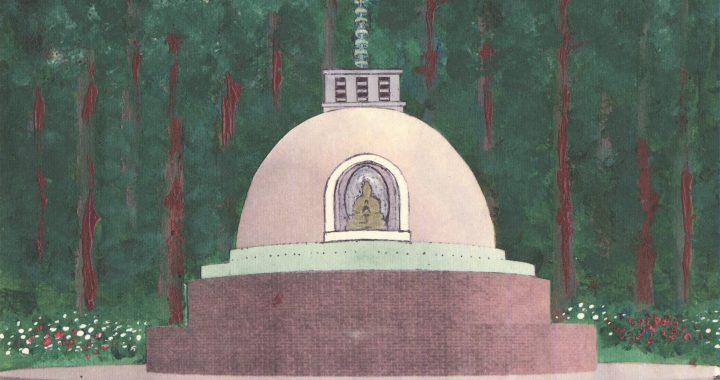Many still believe that the atomic bombings were necessary to end the war with Japan; they accept President Truman’s assertion that the nuclear bombings saved the lives of a half-million US troops. In fact, the consensus among historians is that the A-bombings were NOT necessary to bring an end to the war.
In President Eisenhower’s autobiography Mandate for Change, he recalls his reaction to U.S. Secretary of War, Henry Stimson, upon hearing of the successful atomic bomb test in New Mexico, and of the plan to drop an atomic bomb on Japan. Eisenhower told Stimson that he believed “that Japan was already defeated, and that dropping the bomb was completely unnecessary.” Eisenhower couldn’t have been any clearer in his response: dropping the bomb was “no longer mandatory as a measure to save American lives.”
Nearly twenty years later Eisenhower’s views on the use of the bomb remained unchanged. In a 1963 interview with Newsweek he unequivocally stated that prior to the atomic blast at Hiroshima “the Japanese were ready to surrender and it wasn’t necessary to hit them with that awful thing.” According to Eisenhower, and contrary to Truman, the bombs were not dropped to ward off a ground invasion. The bombs were not dropped to save American lives.
So why the bombs? Why the complete and utter annihilation of two Japanese cities with denselypacked civilian populations? A primary reason was, in the words of Stimson, “to persuade Russia to play ball” — that is, to impress and intimidate Russia with the apocalyptic power of nuclear weapons and the US willingness to use them – even against civilians. The people of Hiroshima and Nagasaki were among the first victims of the Cold War.
A widely-held belief is that “Mutual Assured Destruction” (MAD) guarantees nuclear security and ensures that no nuclear power would ever engage in a nationally suicidal nuclear attack. But that deterrence relies on the assumption that those with their fingers on the nuclear trigger will always be rational. And what about accidents? Eric Schlosser, author of “Command and Control,” documents in his book dozens of nuclear weapons accidents and mishaps, concluding that we are alive today more as a result of luck than policy.
This spring, the Peace & Planet Mobilization for a Nuclear-Free, Peaceful, Just and Sustainable World (what a concept!) brought thousands of activists from around the world and nearly 8 million petition signatures to New York and the United Nations demanding the start of immediate negotiations to abolish nuclear weapons – with a timeline. These actions were reinforced by more than 100 actions in 50 nations.
CHANGE IS POSSIBLE IF WE COME TOGETHER. NUCLEAR WEAPONS ABOLITION IS POSSIBLE. * BREAKING SILENCES ** TAKING ACTION ** TOGETHER WE CAN PREVAIL
Please join us in commemorating the 70th anniversary of the U.S. atomic bombings of Hiroshima and Nagasaki at the Ground Zero Center for Nonviolent Action. Find details at www.gzcenter.org. Together we can build on the international movement for a nuclear weapons-free world.



